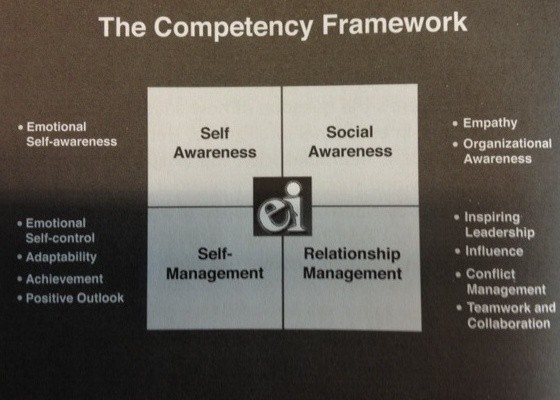 Last week I discovered that my blogger friend Ute nominated me for the Versatile Blogger Award. Ute and I have a lot in common, not only the European School that we attended as kids in different parts of Europe and her blog, expatsincebirth is truly excellent. Being nominated by such a person is an honor for me. Thank you Ute! J
Last week I discovered that my blogger friend Ute nominated me for the Versatile Blogger Award. Ute and I have a lot in common, not only the European School that we attended as kids in different parts of Europe and her blog, expatsincebirth is truly excellent. Being nominated by such a person is an honor for me. Thank you Ute! J
And here are the rules for the Versatile Blogger Award:
- Thank the person who gave you the award.
- Include a link to their blog.
- Next, select 15 blogs/bloggers that you’ve recently discovered or follow regularly
- Nominate those bloggers for the Versatile Blogger Award.
- Finally, tell the person who nominated you 7 things about yourself
Please find herewith my nominees, who are all worth checking out!
- http://wildonewithin.wordpress.com/
- http://artsasculturaldiplomacy.wordpress.com/
- http://communicatingacrossboundariesblog.com/
- http://gigidegroot.com/
- http://interculturalresources.wordpress.com/
- http://livelovebegreen.wordpress.com/
- http://otrazhenie.wordpress.com/
- http://michelemakepeace.wordpress.com/
- http://agentleinstigator.wordpress.com/
- http://davidkanigan.com/
- http://neurocapability.wordpress.com/
- http://centerforinterculturaldialogue.org/
- http://dhammafootsteps.wordpress.com/
- http://morningtao.wordpress.com/
- http://annikenbinz.wordpress.com/
And here the seven things about me:
- I am finally ready now to go on more than a full day in silence mindfulness retreat (2 or 3 days)
- I feel very much centered and aligned with myself nowadays and am
- Very much excited about the new and interesting things to come
- I enjoy learning Arabic a lot but unfortunately have not enough time to study and do my homework
- I am an ‘emotional intelligent’ leader, enjoying to guide people with empathy and compassion
- I can feel at home anywhere in this world as long as my family and belongings are with me
- “Live as if you were to die tomorrow. Learn as if you were to live forever” – Mahatma Gandhi
Thanks again and have a great evening, morning, day, Jenny








